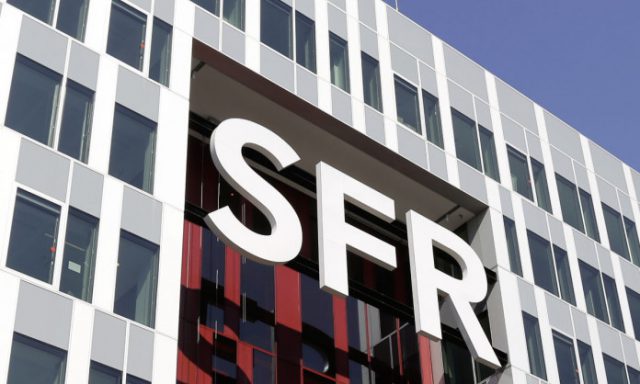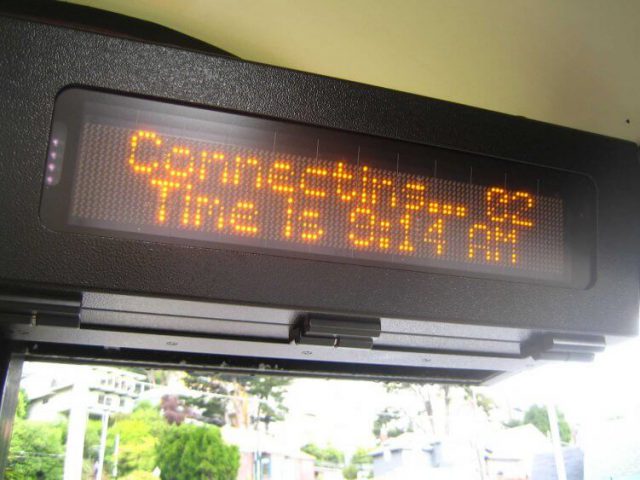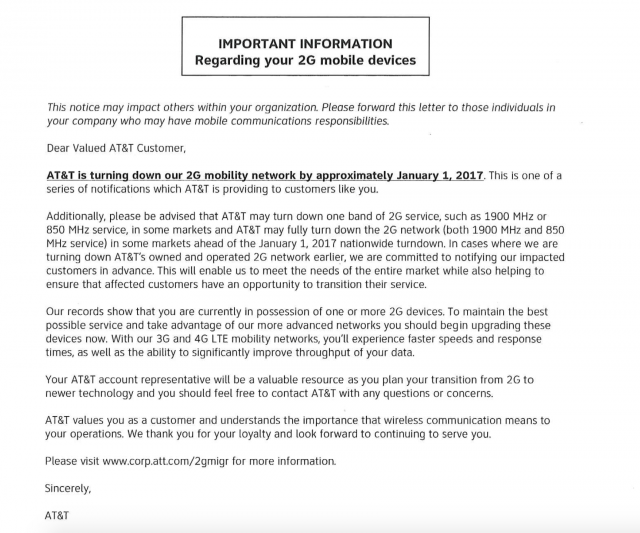 In 2016, just one company was responsible for more than half of all consumer complaints aimed at telecommunications companies in France. That provider was Altice-owned SFR/Numericable.
In 2016, just one company was responsible for more than half of all consumer complaints aimed at telecommunications companies in France. That provider was Altice-owned SFR/Numericable.
Last year alone, the number of complaints against Patrick Drahi’s telecom conglomerate jumped 120%, with consumers upset about the company’s landline, wireless, cable TV and broadband services, according to data from the French Association of Telecom Users (AFUTT) and noted by Capital.
The biggest spike in complaints targeted the company’s wired broadband services, where complaints rose 166% (in contrast, mobile complaints were up a milder 72% over the year before).
AFUTT records out of more than 5,000 complaints received last year, 73% of all contract complaints, 68% of customer service complaints and 66% of complaints about bait and switch promotions regarded Mr. Drahi’s operations in France.
Patrick Drahi’s business philosophy, backed by billions in Wall Street bank loans used to acquire companies and then slash budgets to the bone, proved to be terrible for his customers in 2016. Cablevision and Suddenlink subscribers can only hope those mistakes won’t be repeated here.
 In just over two years after taking over one of France’s largest cell phone and cable operators — SFR/Numericable, more than 2.5 million customers have fled, fed up with Drahi’s initial lack of interest spending money on network upgrades and service improvements. It didn’t help that the prior owner — the conglomerate Vivendi — didn’t invest enough either, leaving the French cell phone company with headline-grabbing service outages, indifferent customer service, and a fear of employee suicides from threatened cutbacks and layoffs.
In just over two years after taking over one of France’s largest cell phone and cable operators — SFR/Numericable, more than 2.5 million customers have fled, fed up with Drahi’s initial lack of interest spending money on network upgrades and service improvements. It didn’t help that the prior owner — the conglomerate Vivendi — didn’t invest enough either, leaving the French cell phone company with headline-grabbing service outages, indifferent customer service, and a fear of employee suicides from threatened cutbacks and layoffs.
Even investors and the banks financing Drahi’s worldwide conquest of cable and telecom companies were concerned enough to apply pressure to stem customer losses that continued at a record pace for more than six months. The damage to SFR’s reputation has been so great, the wireless company has experienced two very bad years even with $2.3 billion in emergency spending to keep customers happy with service improvements while trying to win others back.

Paulin
Michel Paulin, in charge of SFR, told employees in an internal memo obtained by Les Echos things are still bad at the company.
“We have to face it: our customers are still not satisfied and far too many are still leaving for other operators,” Paulin wrote. “This year we will have to regain the confidence of our customers, but we will also have to return to growth in fixed and mobile broadband.”
That growth is still expected to come at the expense of jobs. By the summer of 2019, Drahi will have presided over the slashing of more than one-third of the SFR/Numericable workforce, amounting to at least 5,000 French workers. Many of Altice’s most recent investments are in content agreements to bolster programming for subscribers. SFR launched five sports channels, two news and information channels, and has spent heartily to acquire sports rights and programming agreements with American networks including NBCUniversal and Discovery.
Altice is also dramatically increasing spending on its news channel i24 News, which will soon be on the lineups of Cablevision and Suddenlink cable television customers. The news channel broadcasts multiple feeds in French, English, and Arabic and will supply viewers with international and Middle Eastern news, particularly focused on Arab countries where Al Jazeera delivers fierce competition.


 Subscribe
Subscribe

 The most notable phone that no longer has access to AT&T’s network is the original Apple iPhone, first released ten years ago. It will still work on Wi-Fi, but mobile data over AT&T’s network no longer functions.
The most notable phone that no longer has access to AT&T’s network is the original Apple iPhone, first released ten years ago. It will still work on Wi-Fi, but mobile data over AT&T’s network no longer functions.
 McAdam originally planned to use Verizon’s acquisition of Yahoo! as a way to broaden the phone company’s content library, but that yet-to-be-finished deal has been in turbulence since media reports exposed major security breaches of Yahoo’s e-mail and portal sites.
McAdam originally planned to use Verizon’s acquisition of Yahoo! as a way to broaden the phone company’s content library, but that yet-to-be-finished deal has been in turbulence since media reports exposed major security breaches of Yahoo’s e-mail and portal sites.


